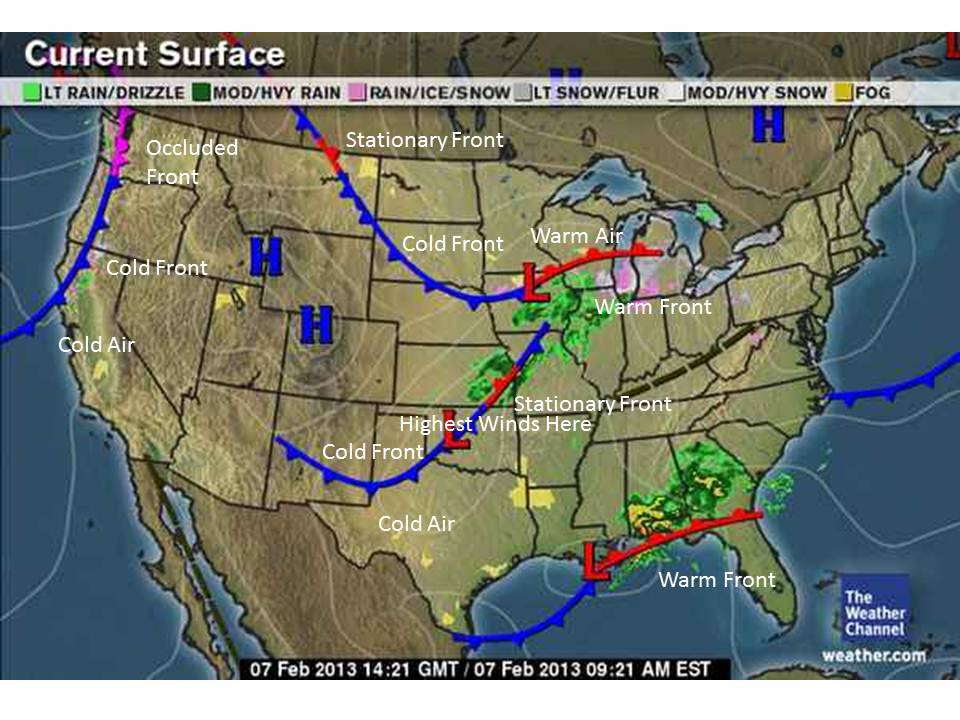Weather fronts are a basic phrase we hear used in every weather forecast. Per Wiki: "A weather front is a boundary separating two masses of air of different densities, and is the principal cause of meteorological phenomena. In surface weather analyses, fronts are depicted using various colored triangles and half-circles, depending on the type of front. The air masses separated by a front usually differ in temperature and humidity."
We have all seen the weather maps, blue and redlines representing weather fronts.

80 years ago mankind had no idea that this basic natural event even existed. There was no such thing as a weather front prior to 1941. Zero knowledge. And I'm not even going to get into all of other variables of climate and solar influences that we are just starting to learn about in the last few decades. This is just about one aspect that we now know is a common basic event in nature.
The point is, we are like ants crawling out of the hole for the first time. We are infants in our knowledge of the climate engines of nature. We know very, very little how things work. Yeah, we have basic theories, but we do not KNOW all of the variables involved. That is why your 3 day weather forecast rarely hits what actually occurs 3 days from now. It will be close, but rarely exact.
So for some computer geek to write lines of code to mimic how climate works when we know so little is futile. Especially when that person has financial incentives to skew how the model works.
We have all seen the weather maps, blue and redlines representing weather fronts.

80 years ago mankind had no idea that this basic natural event even existed. There was no such thing as a weather front prior to 1941. Zero knowledge. And I'm not even going to get into all of other variables of climate and solar influences that we are just starting to learn about in the last few decades. This is just about one aspect that we now know is a common basic event in nature.
The point is, we are like ants crawling out of the hole for the first time. We are infants in our knowledge of the climate engines of nature. We know very, very little how things work. Yeah, we have basic theories, but we do not KNOW all of the variables involved. That is why your 3 day weather forecast rarely hits what actually occurs 3 days from now. It will be close, but rarely exact.
So for some computer geek to write lines of code to mimic how climate works when we know so little is futile. Especially when that person has financial incentives to skew how the model works.
Last edited:

